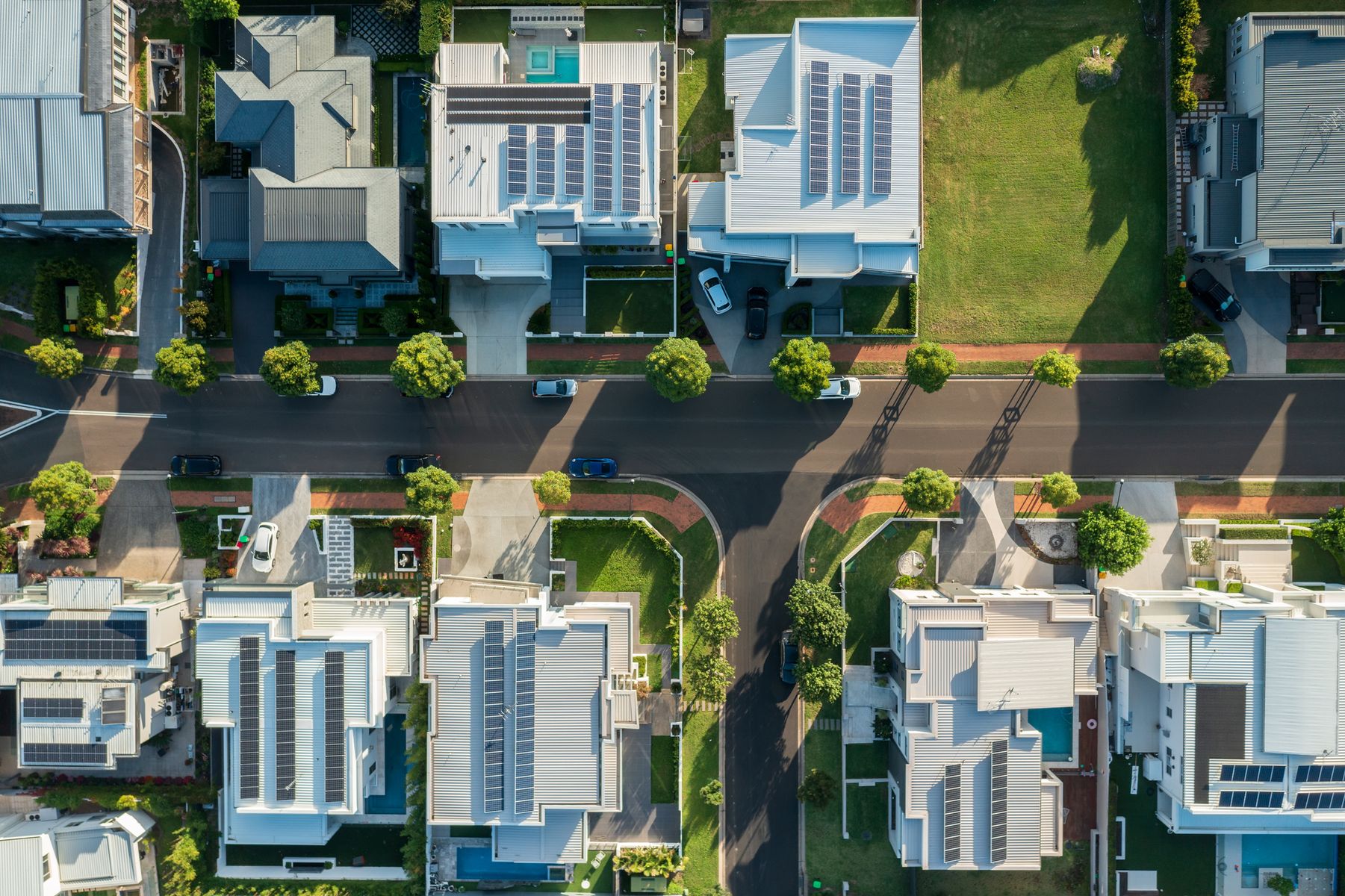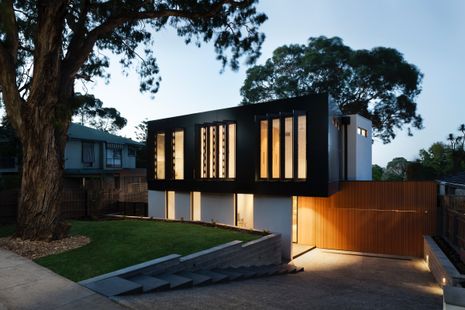|
|
|
|
|
Super Incentive For Downsizers
Almost 60,000 downsizers have pumped a total of $14.5 billion into superannuation in the past five years as a result of downsizing from family homes.
Australian Taxation Office data shows many empty nesters have taken advantage of a federal government initiative which allows them to top up their super by $300,000 for individuals and $600,000 for couples.
Economist Michael Blythe of Downsizer.com says the additional money can have a big impact on superannuation balances.
“If you look at the average return super funds have generated over the past decade, it could boost the income of a downsizer by $20,000 a year,” he says.
Average downsizer contributions to superannuation reached just over $280,000 after the change to the age of eligibility to 55 from January 1, 2023.
Previously only those aged 60 were able to take advantage of the scheme.
One condition is that the property sold must have been the primary place of residence at some stage and owned for at least 10 years.
|
|
|
|
|
|
|
|
Spring Selling Season
Buyers will finally have more choice when looking to buy as Australia moves firmly into the Spring Selling Season.
REA Group, Senior Economist, Eleanor Creagh, says nationally house prices have grown for the eighth consecutive month on the back of a shortage of listings.
But she says the listings environment is now shifting, with volumes up in August.
In Sydney listings are up 18.4% in August and 20.8% in Melbourne, compared with the same time last year.
Creagh says other capital cities are also experiencing an increase in listings as a result of improved seller sentiment as interest rates remain on hold.
“It’s become more and more likely that the peak in interest rates is here, and August was the third consecutive month the Reserve Bank has left interest rates on hold – welcome news for buyers and sellers alike,” Creagh says.
She says auction volumes are also 15% higher in August than at the same time last year.
|
|
|
|
|
|
|
|
Prices Tipped To Rise 15%
Australian house prices are tipped to rise by 15% in the next 18 months according to accounting firm KPMG.
It says the rising prices will make housing affordability even tougher for struggling home buyers.
KPMG, chief economist, Dr Brendan Rynne, says a number of factors will push up prices.
“Despite high interest rates, constrained supply will likely dominate the factors influencing property prices in the short term and result in continued price gains in most markets during FY2024,” he says.
“House and unit prices will then accelerate further in the next financial year as dwelling supply continues to be limited, due to scarcity of available land, falling levels of approvals and slower or more costly construction activity.”
Rynne says continuing immigration will also put further upward pressure on property prices as a result of growing demand.
He predicts that house prices will rise 4.9% in the next nine months and then 9.4% in 2025. |
|
|
|
|
|
|
|
Spare Room Rentals Reap Reward
Homeowners are potentially sitting on huge extra income they could receive by offering their spare room for rent.
A new survey by Finder reveals 77% of respondents have at least one spare room, although only 3% are renting the room out.
The survey found housing costs are among the top three most stressful expenses for 41% for respondents.
Richard Whitten, of Finder, says homeowners could be missing out on thousands of dollars by not making use of their extra room.
Whitten says the rent could help Australians who are struggling to pay their mortgages due to rising interest rates.
He says the average respondents were charging for their spare room was $147 per week.
“Putting the money from renting out a spare room into your mortgage each month could significantly reduce the term of the loan,” he says.
He says paying an extra $147 per week on the average loan could reduce the term of the loan by nine months |
|
|
|
|
|
|
|
Regional Aussies Protest Closures
A Senate inquiry examining the impact of bank closures on regional Australia, has been extended to May.
The inquiry was launched after banks closed up to 100 regional branches in the final quarter of 2022.
Regional council representatives told the hearing that without intervention, rural Australia will be without the necessary banking services they need.
Representatives of the big four banks have urged the inquiry not to force them to keep a significant share of their branches open in regional areas.
They say fewer people are using branches and cash, so it is unsustainable to maintain a presence in many areas.
Riverina Regional Development Australia chief executive Rachel Whiting says the most disadvantaged people, including the aged and those less educated, who still need access to cash and in person banking services, will be significantly impacted by the closures.
The inquiry has been extended to enable it to hear from community members from every state.
|
|
|
|
|
|
|
|
|
Quote Of The Week
“Despite high interest rates, constrained supply will likely dominate the factors influencing property prices in the short term and result in continued price gains in most markets during FY2024.”
KPMG, chief economist, Dr Brendan Rynne
|
|
|
|
|
|
|
|
|
|










